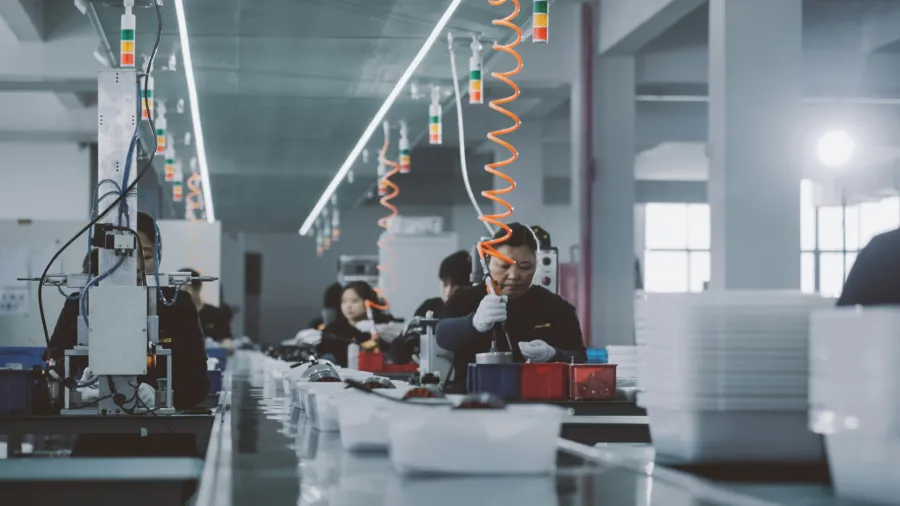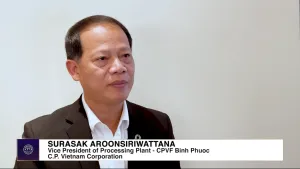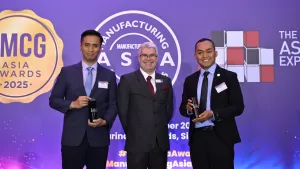
Thailand manufacturing sector eases in September
Slower increases in output and new orders recorded
Thailand's manufacturing business sector expanded in September albeit at a softer rate, the latest PMI data from S&P Global said.
The PMI stayed above the no-change mark of 50.0 in September, indicating an overall improvement in manufacturing sector performance for the fifth month in a row. The headline figure eased to 50.4 in September from the previous month's 52.0.
Boosting the PMI were positive contributions from new orders, output and employment, totally accounting for 75% of the weight of the headline figure. Suppliers' delivery times (15% weight) and stocks of purchases (10%) had slightly negative impacts, the latter for the 12th month running.
"Manufacturing business conditions in Thailand continued to improve at the end of the third quarter. New orders and output continued to expand albeit more slowly than in August whilst the employment growth rate remained close to the survey-record high posted in June," said Trevor Balchin, economics director at S&P Global Market Intelligence.
September data provided more evidence of fading inflationary pressures. The Input Prices Index fell to a record low, and the Output Prices Index decreased below 50.0 for the first time since early 2021.
The volume of new orders increased for a third straight month in September although the rate of growth was small. This led to the slowest rise in output of the present five-month period of expansion.
Whilst new business growth slowed in September pressure on Thai manufacturing capacity stayed given that levels of incomplete work increased for the fifth month running.
The rate of growth remained unchanged and remained above the pre-pandemic trend. Companies continued to reduce their stocks of final goods, which decreased for the seventh month running.
Given that new and outstanding business continues to rise in September at a slower rate, Thai manufacturers increased employment for the fifth month running. Also, the rate of job creation stayed among the fastest on record, almost matching June's peak.
Goods producers in Thailand limited their purchasing activity with output, new orders and backlogs all increasing more slowly during September.
The volume of inputs ordered was increasingly unchanged from August, having jumped in the past four months.
This relieved pressure on suppliers somewhat given the slightly faster average input delivery times in September.
There was a 12th straight reduction in input stocks - the longest period of destocking in the survey history.
Cost pressures further moderated in September, with average input prices decreasing for the sixth time in seven months and at the fastest rate in the survey history.
Firms attributed lower average input prices to loyalty discounts and bulk purchases. This led to significantly no change in manufacturers' output prices, culminating in an inflation sequence that lasted for nearly three-and-a-half years.
Output forecasts amongst Thai manufacturers stayed strongly optimistic in September, connected to increased customer enquiries, new sales strategies, new markets, a stronger economy and promotions. Sentiment eased to a four-month low but remained above the pre-pandemic trend.
















